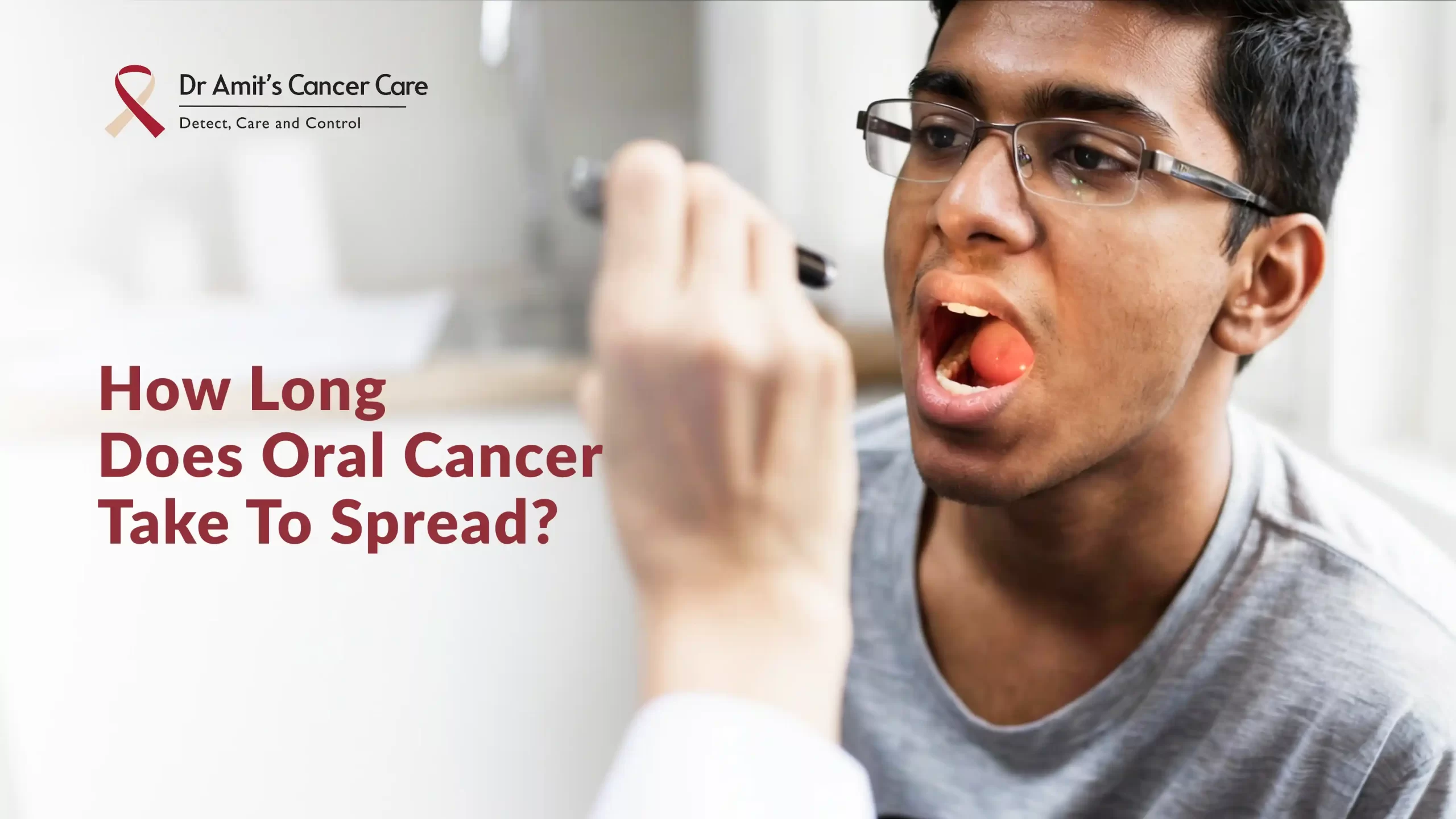Recovering from head and neck surgery can be challenging, especially when it involves procedures for cancer treatment. While the surgery itself is critical in addressing head and neck cancer, managing post-surgical side effects is equally essential for a smoother recovery and long-term well-being. Side effects vary widely, depending on the nature and extent of the surgery, and can affect daily activities, physical appearance, and overall quality of life.
Dr. Amit Chakraborty, an oncologist specialist in Dubai, Mumbai, and Nagpur, is renowned for his expertise in treating head and neck cancers and providing comprehensive post-operative care. With years of experience in head and neck surgery, Dr. Chakraborty emphasizes the importance of preparing for and managing side effects to enhance recovery and ensure the best outcomes for his patients.
1. Understanding Common Side Effects Post-Head and Neck Surgery
Patients undergoing head and neck surgery often experience specific side effects that may interfere with regular activities and overall comfort. Recognizing these side effects and addressing them with appropriate care strategies can make the recovery process much more manageable.
a) Pain and Swelling
Pain and swelling are expected immediately following surgery. Swelling can sometimes interfere with breathing and swallowing, depending on the surgery site. It typically peaks within 48-72 hours post-surgery and then gradually reduces. Proper pain management, including prescribed pain relievers, ice packs, and following your doctor’s instructions, is essential to minimize discomfort and prevent prolonged inflammation.
b) Difficulty Swallowing (Dysphagia)
Dysphagia, or difficulty swallowing, is a common side effect of head and neck surgery, particularly when surgery involves the throat or larynx. Swallowing exercises and, in some cases, diet modifications are recommended to help patients regain normal function. In severe cases, a speech or swallowing therapist can guide patients through targeted exercises for improvement.
c) Dry Mouth (Xerostomia)
When head and neck cancer surgery involves salivary glands, patients may experience xerostomia, or dry mouth. This condition can affect eating, speaking, and even oral health. Staying hydrated, using saliva substitutes, or chewing sugar-free gum can alleviate symptoms. In some cases, doctors may prescribe specific treatments to stimulate saliva production.
d) Changes in Voice
Voice changes may result from surgeries that involve the throat or vocal cords. Patients may experience hoarseness, reduced vocal range, or even temporary loss of voice. Speech therapy is an effective way to rehabilitate the voice, and with time and practice, most patients can regain clear speech.
2. Post-Surgery Care and Strategies for Managing Side Effects
Addressing side effects requires a holistic and proactive approach. Dr. Amit Chakraborty, head and neck cancer specialist, emphasizes a personalized care plan that meets each patient’s unique needs, as recovery varies significantly from person to person. Here are some general guidelines:
a) Follow a Proper Diet
Nutrition plays a crucial role in recovery after head and neck surgery. A well-balanced diet helps boost immunity, reduce inflammation, and accelerate healing. Many patients may need to consume softer foods initially, gradually transitioning to solid foods as their condition improves. High-protein foods, nutrient-rich fruits, and hydrating beverages are generally recommended.
If swallowing is challenging, a registered dietitian can design a diet plan tailored to the patient’s specific needs, ensuring they receive adequate nutrients without straining the affected areas.
b) Engage in Physical Therapy
Physical therapy helps prevent stiffness in the neck and shoulder area, which is common after certain head and neck surgeries. Specific exercises guided by a therapist can improve mobility, strength, and function over time. Regular physical therapy sessions, customized to the patient’s condition, can make a significant difference in maintaining normal function and preventing long-term complications.
c) Speech and Swallowing Therapy
Patients who have undergone surgery involving the mouth, throat, or vocal cords can benefit from speech and swallowing therapy. Therapists help patients regain control over their speech and swallowing muscles, which can be especially helpful for those who experience hoarseness, difficulty eating, or trouble forming sounds. Over time, these exercises lead to substantial improvements.
3. Coping with Emotional and Psychological Effects
Head and neck cancer surgery doesn’t only impact physical health but can also take a toll on mental well-being. Changes in appearance, voice, and daily functioning can lead to feelings of anxiety, depression, and self-consciousness.
a) Support Systems and Counseling
Talking to loved ones, joining support groups, or seeking professional counseling can make a difference in how patients handle the emotional stress of recovery. Family support can be incredibly empowering, offering comfort and encouragement throughout the healing journey. Professional counseling can provide strategies for managing stress and anxiety, helping patients stay mentally strong during their recovery.
b) Staying Informed and Realistic
Having a clear understanding of what to expect during recovery can make the process less daunting. Dr. Amit Chakraborty encourages his patients to ask questions, set realistic recovery goals, and stay proactive in managing side effects. Knowing that these side effects are temporary can help patients stay motivated and focused on recovery.
4. Preventive Care for Long-Term Health
Patients who have undergone head and neck cancer surgery should prioritize preventive care to reduce the risk of cancer recurrence and other complications. Follow-up appointments with your oncologist are essential for monitoring progress, addressing any new symptoms, and making necessary adjustments to your care plan.
a) Oral Health Care
For patients who experience dry mouth or reduced saliva, maintaining good oral hygiene is vital. Regular dental check-ups and consistent oral care practices, such as brushing, flossing, and using alcohol-free mouthwash, can prevent infections and protect oral health.
b) Lifestyle Modifications
Avoiding smoking and alcohol is particularly crucial for patients recovering from head and neck cancer surgery. Both habits can increase the risk of cancer recurrence and worsen certain side effects, such as dry mouth and swallowing difficulties. Adopting a healthier lifestyle contributes to a stronger recovery and reduces the chance of future health issues.






